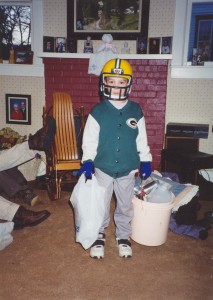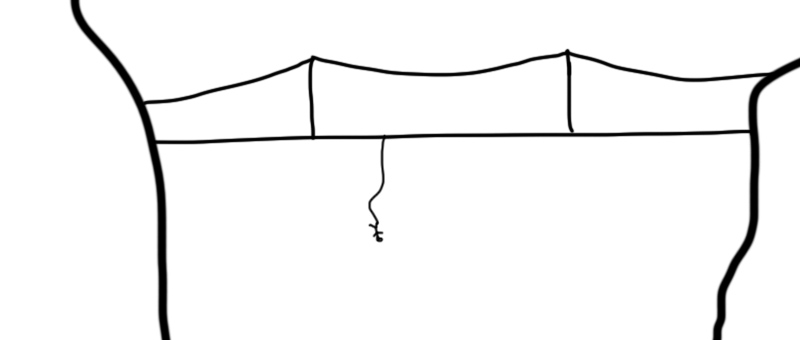Think back to your school days. What do you remember?
For college, I remember hanging out with friends, a few specific moments in class (of both the awful and awesome kind), swimming, and some experiences on film sets and editing. Little else elbows its way to my recollection. Textbooks? I remember the dampness of my drool-soaked pillow more than the faded content of the pages that made me comatose.
High school? There are a few key conversations, some important situations, one or two events that stick to my mind. I remember a few of the fun projects I worked on--but none of the content they were designed to teach me. Same with the few films they took a period to show: Why did we watch that? I know that I took an introductory science class--the title of which even escapes me--but the textbook? Nothing. Of the texts and papers I read, the only ones I remember where the good stories. The lame books have almost completely shifted into the nether, leaving but a lingering metaphorical bitter taste.
Homeschool? There were tears. Many because of the red marks which marred my recently printed paper (draft two). I don't recall if I cried or just wanted to when my creation failed to materialize out of the clay when doing a craft in our co-op group. There were a few creative writing assignments I loved and some fun science activities. But mostly, my memory of school was listening to my mom read books. Great books. Wonderful books. Brilliant stories. Masterful tales. Gripping adventures. Stories that made us cheer. ...and cry.
I loved being homeschooled. I loved hearing story after story, many of them at bedtime. That was my favorite part of school (yes, even more than lunch). There was so much to learn and discuss and imagine in books.
And I'm not alone. Check out the very encouraging Sonlight Moment "What was your favorite part of the year?"
What do you remember from school? Do your children love the stories too?
~Luke Holzmann
Filmmaker, Writer, Empty Nester








